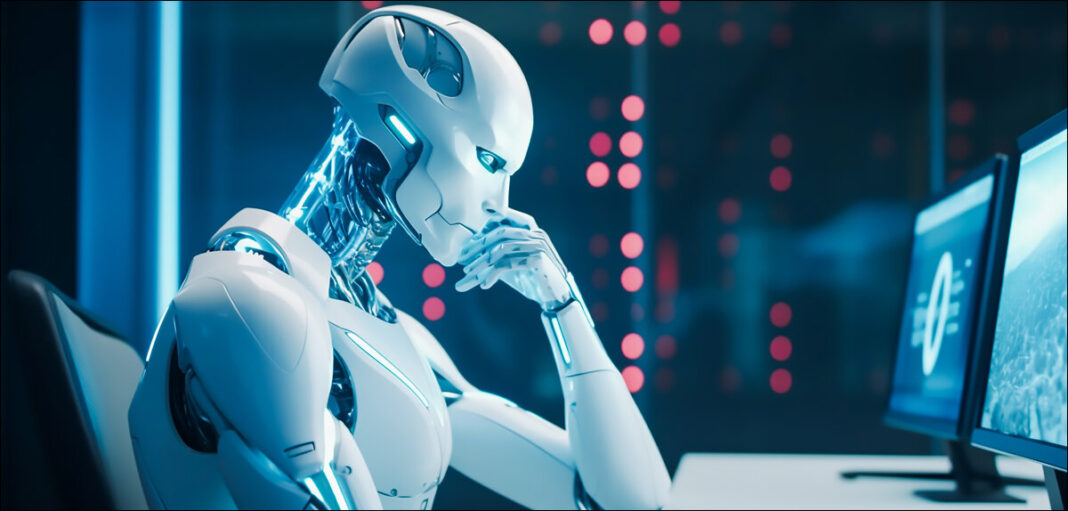The future of software development is changing fast, and artificial intelligence is leading the charge. Microsoft CEO Satya Nadella recently revealed that 20% to 30% of the company’s code is now written by AI. This announcement came during a fireside chat with Meta CEO Mark Zuckerberg at Meta’s LlamaCon conference.
It’s a big deal. AI-powered coding tools, such as GitHub Copilot, have been revolutionizing the way developers work, helping them write code faster and with fewer errors. But this number—nearly one-third of Microsoft’s code being AI-generated—signals a major shift.
A future where AI writes most code?
This isn’t just about Microsoft. Last week, Google CEO Sundar Pichai shared that AI now produces more than 30% of Google’s code. Microsoft’s CTO Kevin Scott went even further, predicting that by 2030, AI will generate up to 95% of all code.
That raises some big questions: Will human programmers still be needed in the next decade? Will AI make coding easier or take jobs away? While AI tools are making development faster, they aren’t perfect yet. Nadella explained that AI writes better Python code than C++, showing that some programming languages are more AI-friendly than others.
The tech giants are all in –But What About Meta?
After revealing Microsoft’s numbers, Nadella turned the question back to Zuckerberg, asking how much of Meta’s code is AI-generated. Surprisingly, Zuckerberg said he didn’t know.
That’s an interesting contrast. While Microsoft and Google are racing ahead with AI-assisted development, it seems Meta is still figuring out how deep AI-generated code fits into their workflow.
Should we be concerned?
AI-powered coding is impressive, but it also comes with risks. If companies rely too heavily on AI-written code, who ensures quality control? AI models don’t think like human programmers—they predict patterns based on existing code, which means errors and security vulnerabilities could slip through.
And then there’s the job market. If AI is writing nearly all the code, will junior developers struggle to find work? Some experts argue that instead of replacing programmers, AI will make their work easier by handling repetitive tasks. Others worry that businesses might cut costs by hiring fewer engineers.
AI isn’t just helping developers, it’s fundamentally reshaping how software is built. With Microsoft, Google, and other tech giants investing heavily in AI-powered coding, it’s clear that this trend is here to stay.
The question is: Will AI make programming more accessible, or will it replace human coders altogether? That’s something only time will tell. But one thing is certain,the future of coding is no longer just in human hands.




